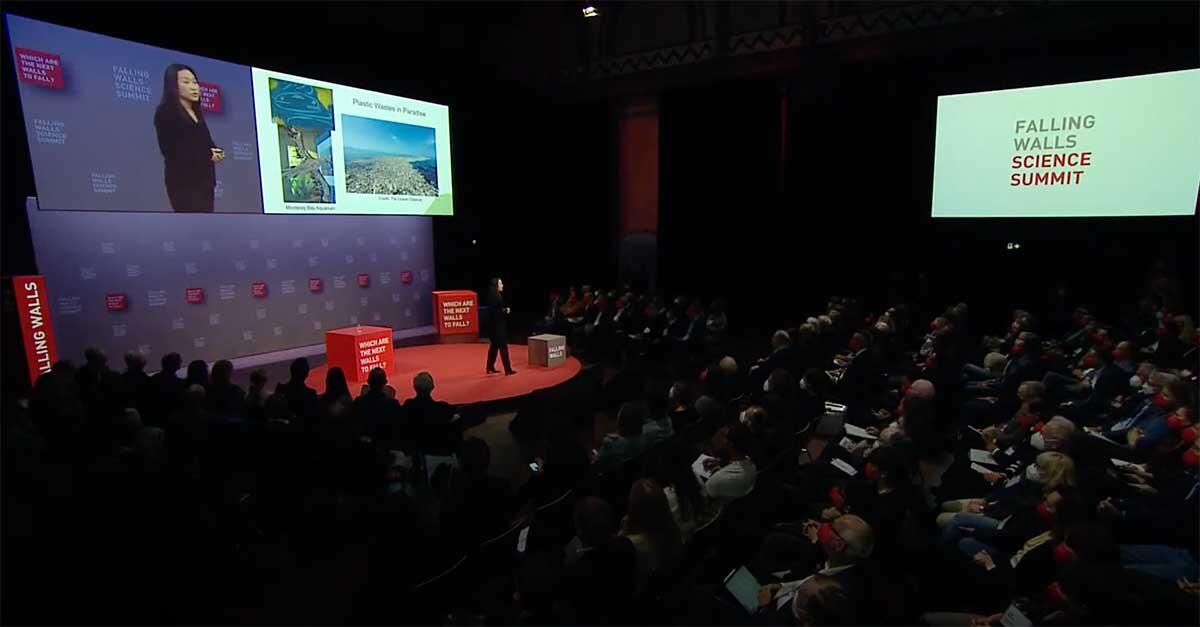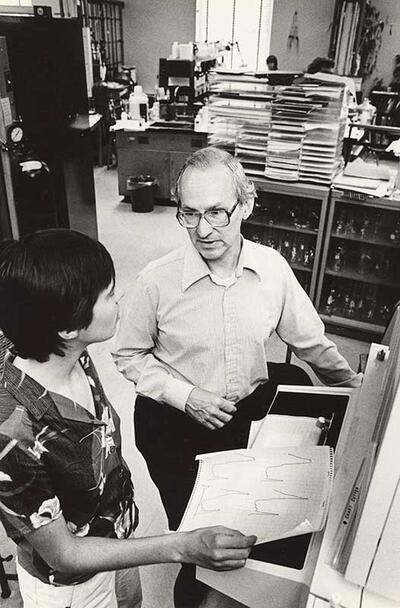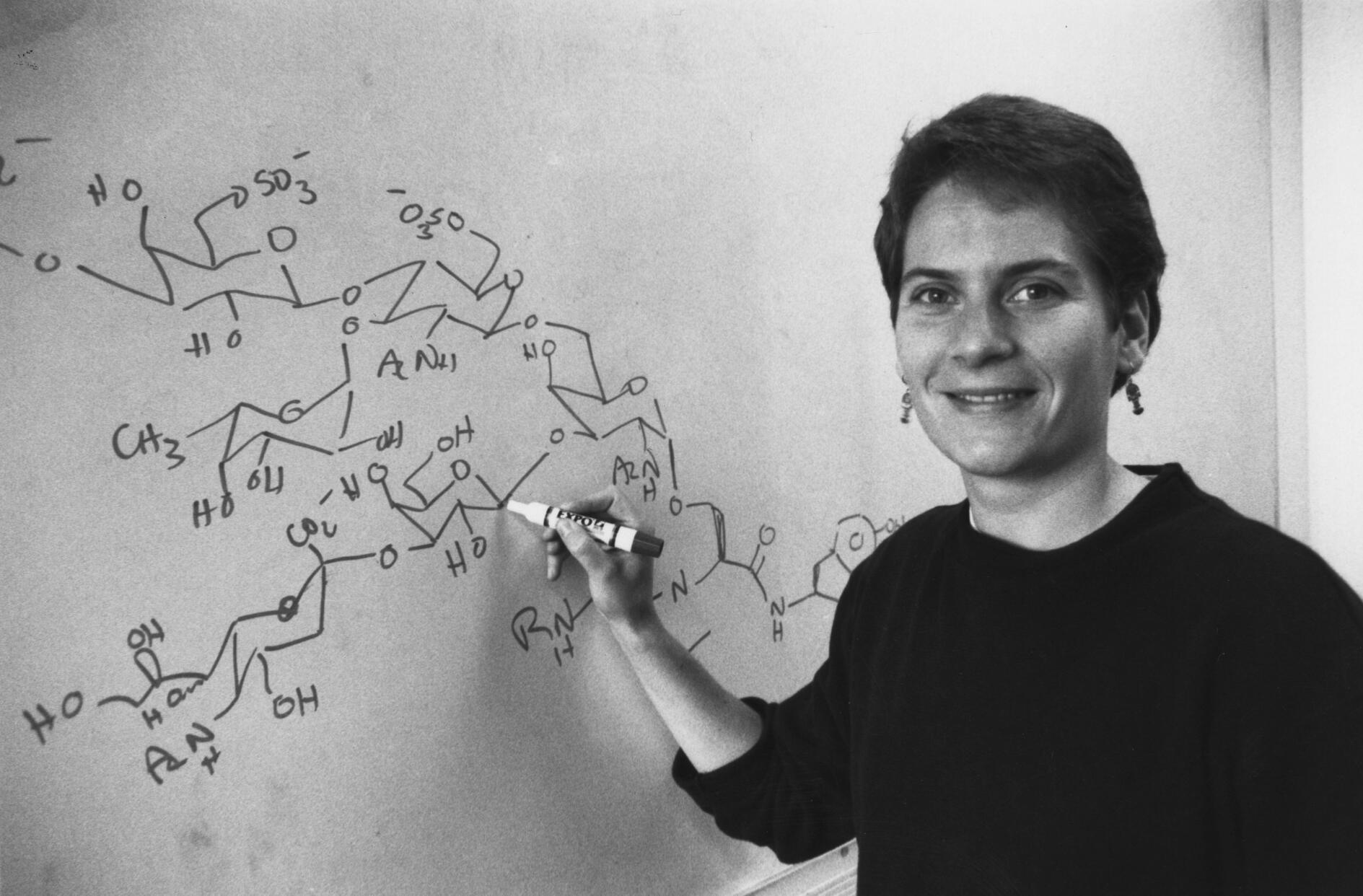- « first View: Taxonomy term
- ‹ previous View: Taxonomy term
- …
- 4 of 57 View: Taxonomy term
- 5 of 57 View: Taxonomy term
- 6 of 57 View: Taxonomy term
- 7 of 57 View: Taxonomy term
- 8 of 57 View: Taxonomy term (Current page)
- 9 of 57 View: Taxonomy term
- 10 of 57 View: Taxonomy term
- 11 of 57 View: Taxonomy term
- 12 of 57 View: Taxonomy term
- …
- next › View: Taxonomy term
- last » View: Taxonomy term




 Ken was born in Cleveland, Ohio in 1931. He completed his A.B. degree in chemistry at Oberlin College in 1953. He then moved to Cambridge, MA to study gas-phase photochemistry with George...
Ken was born in Cleveland, Ohio in 1931. He completed his A.B. degree in chemistry at Oberlin College in 1953. He then moved to Cambridge, MA to study gas-phase photochemistry with George...



